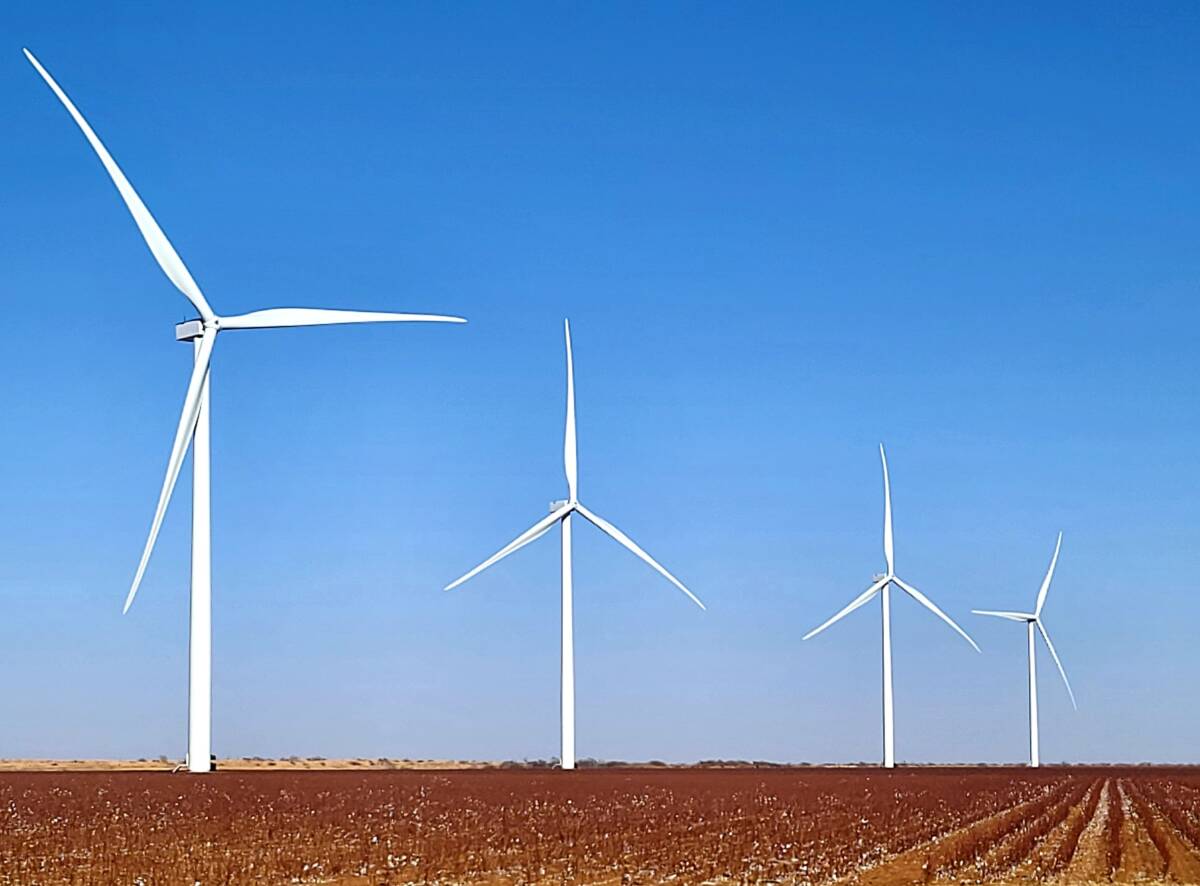Jakarta, June 2023 - World Environment Day is celebrated on June 5 every year. This commemoration is carried out to increase public awareness regarding the importance of protecting and caring for the environment. However, current environmental conditions indicate a worsening situation. This is evident from increasing temperature on Earth, which has the potential to accelerate climate change. The…

